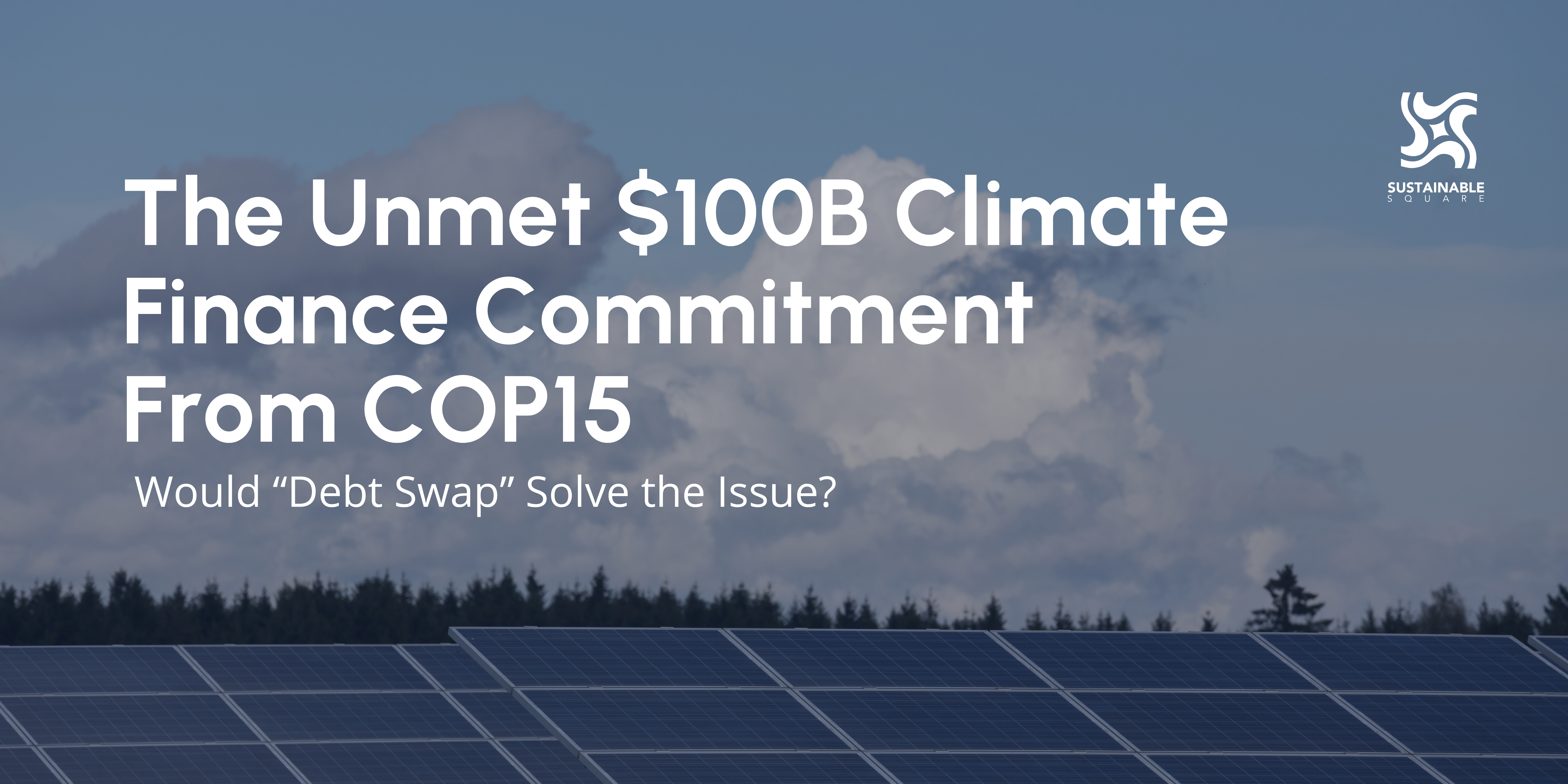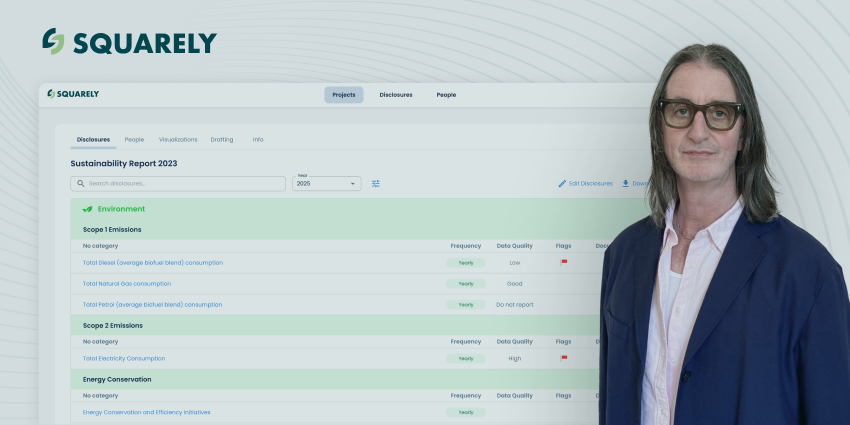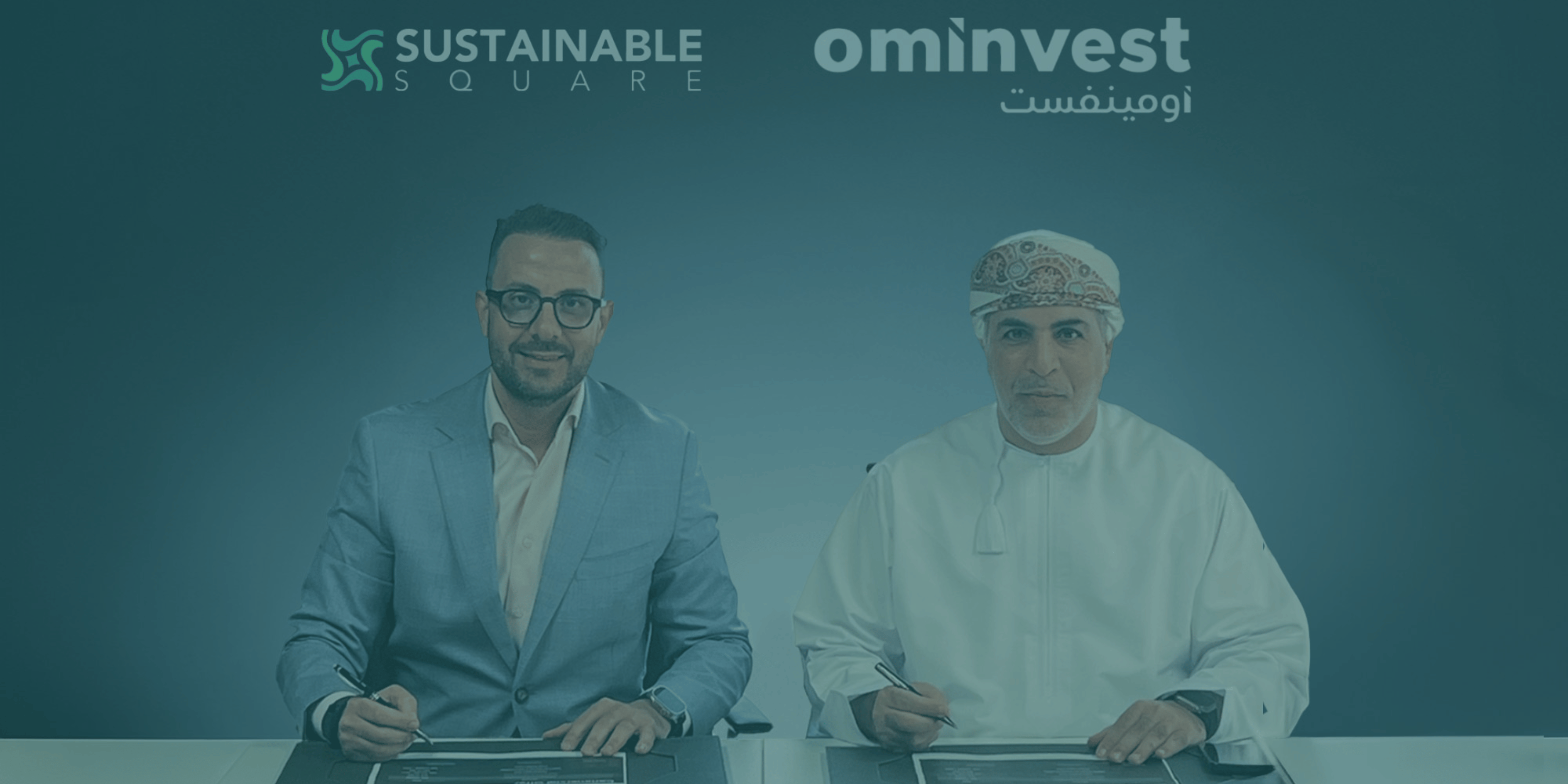Reflecting on the Unmet $100 Billion Climate Finance Commitment Since COP15 – Would “Debt Swap” Solve the Issue?
The echoes of the unfulfilled $100 billion commitment serve as a stark reminder of the imperative for the Global North, and all stakeholders, to rekindle the spirit of solidarity and collective action that marked COP15.
In 2009, at the 15th Conference of Parties (COP15) of the UNFCCC in Copenhagen, a historic commitment was made. Developed countries pledged to a collective goal of mobilizing USD 100 billion per year by 2020 to support climate action in developing nations, rooted in the principles of meaningful mitigation actions and transparency on implementation. This pledge was not just a financial commitment but symbolized global solidarity, an acknowledgment of the shared responsibility in addressing the pervasive challenges of climate change.
Yet, more than a decade later, as I reflect upon the progress made since that pivotal moment, a lingering disappointment surfaces. The optimism and collective will that marked COP15 seems overshadowed by the stark reality – the ambitious $100 billion annual commitment remains largely unmet. The Global South, particularly vulnerable and resource-constrained nations, find themselves navigating the tumultuous waters of climate change with limited support, amplifying the urgency for meaningful, tangible actions.
In this landscape of unfulfilled commitments, the Climate/SDGs Debt Swap Mechanism, a brainchild of United Nations Economic and Social Commission for Western Asia (ESCWA), emerges as a potential lifeline. Many nations, especially in the Arab region, are caught in a fiscal snare, where escalating debts are channeling crucial resources away from the urgent needs of climate resilience and sustainable development. The compounding effect of the COVID-19 pandemic accentuates this challenge, rendering the debt swap mechanism not just relevant but essential.
The mechanism offers a dual benefit – it alleviates the debt burden while channeling resources into climate-resilient projects. For indebted nations, this initiative is a breath of fresh air, offering fiscal relief and enhancing public investments in alignment with the SDGs and the Paris Agreement. For the creditors and particularly the large carbon emitters, it’s an avenue to honour the COP15 commitment, transforming each dollar of debt into a step towards a sustainable and resilient future.
As the anticipation for COP 28 in the UAE mounts, my mixed feelings of hope and apprehension are ever-present. The echoes of the unfulfilled $100 billion commitment serve as a stark reminder of the imperative for the Global North, and all stakeholders, to rekindle the spirit of solidarity and collective action that marked COP15. Each unmet commitment is not just a financial shortfall but a missed opportunity to advance global climate action.
I’m holding onto hope that COP28 in the UAE will usher in a renewed era of commitment and action. I hope it serves as a platform where the global north reaffirms pledges with unwavering resolve and where innovative solutions, including debt swap, are embraced to accelerate the journey toward a world where the challenges of climate change are met with the resources, collaboration and urgency they demand. In this intertwined fate of our shared planet, let every promise made be a promise kept.


